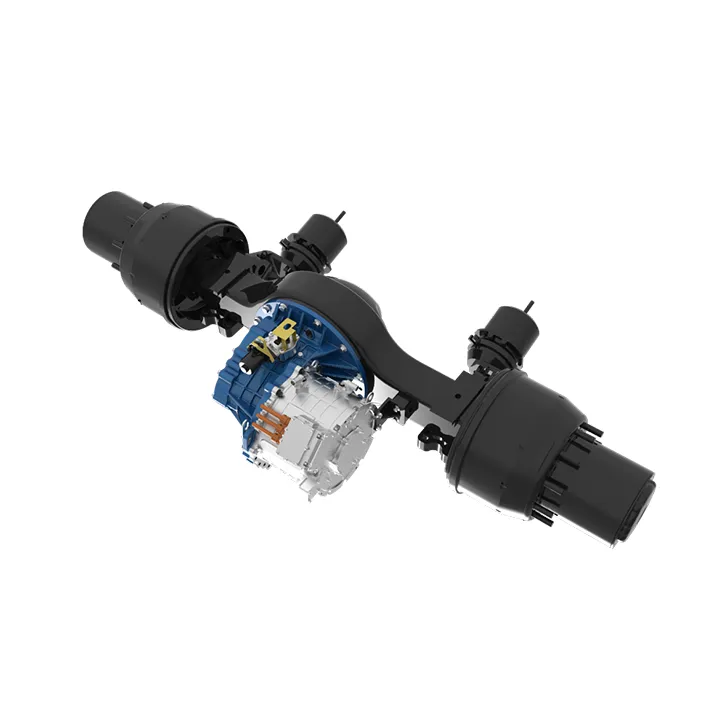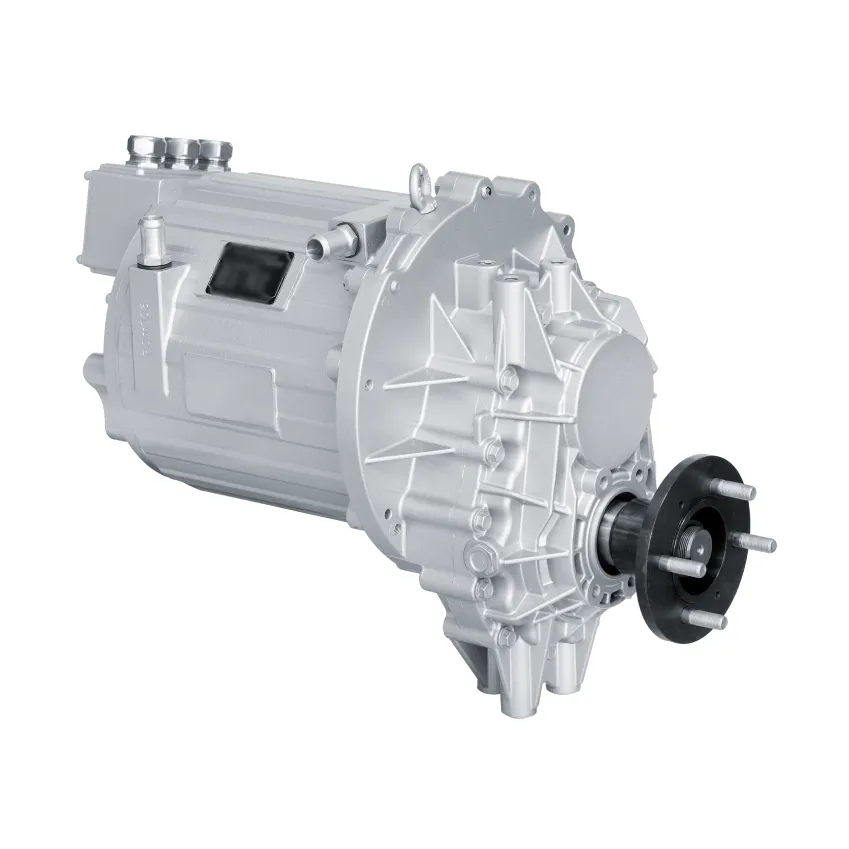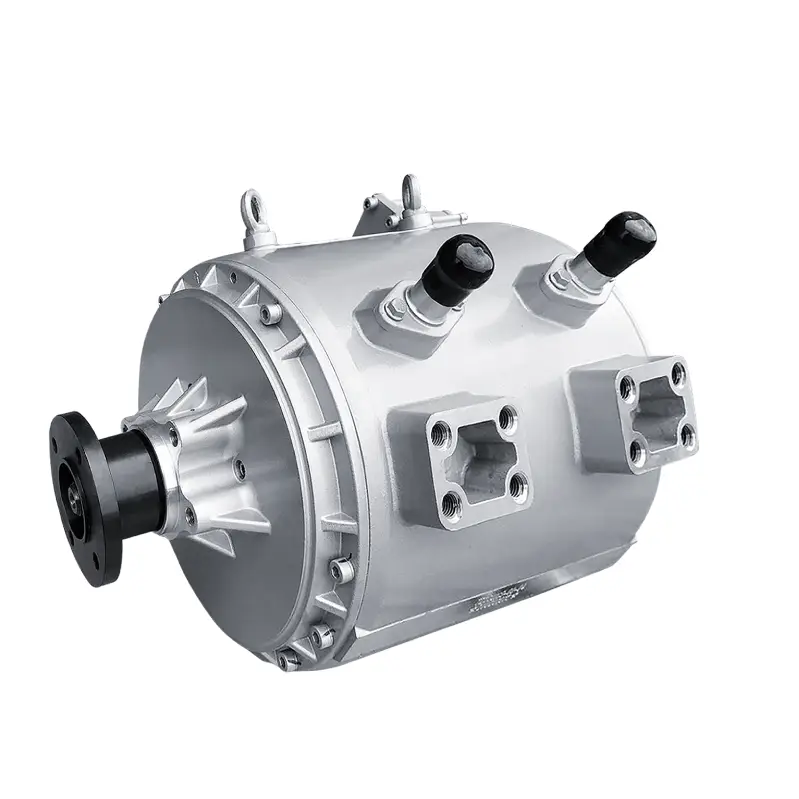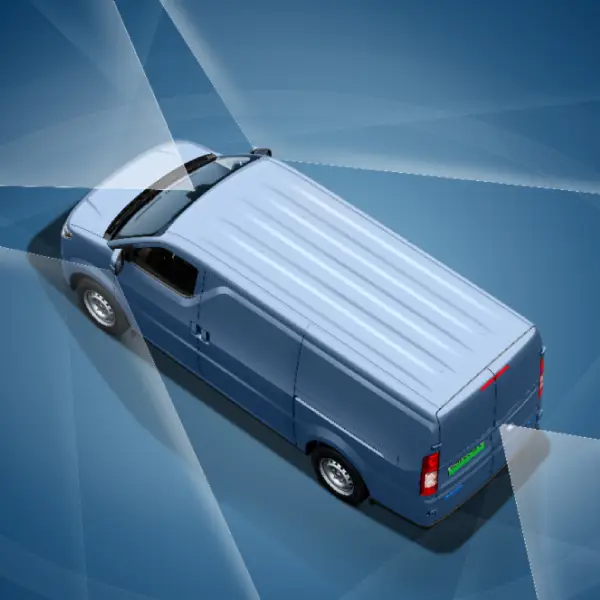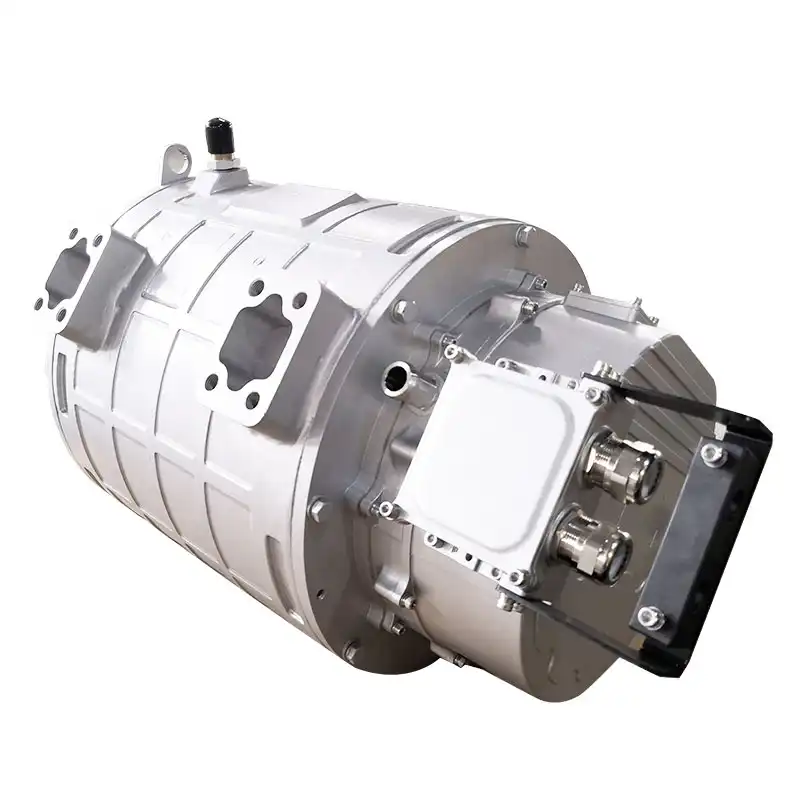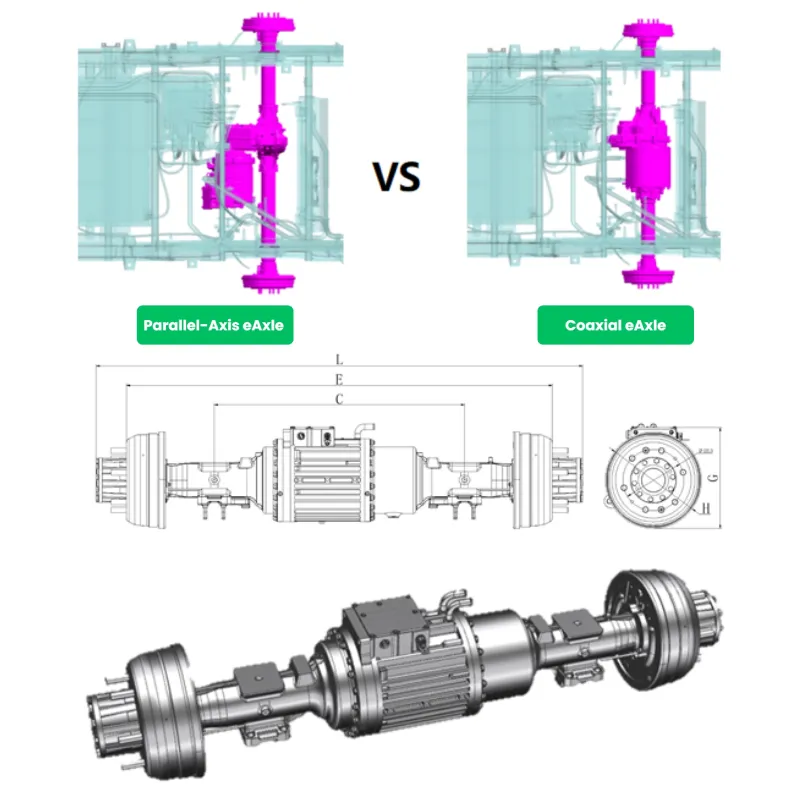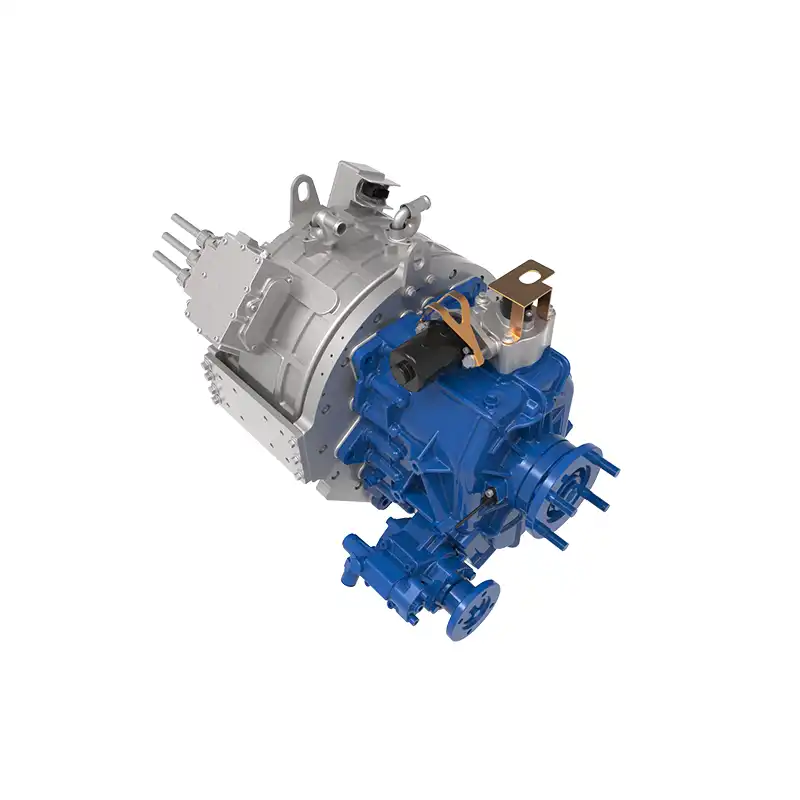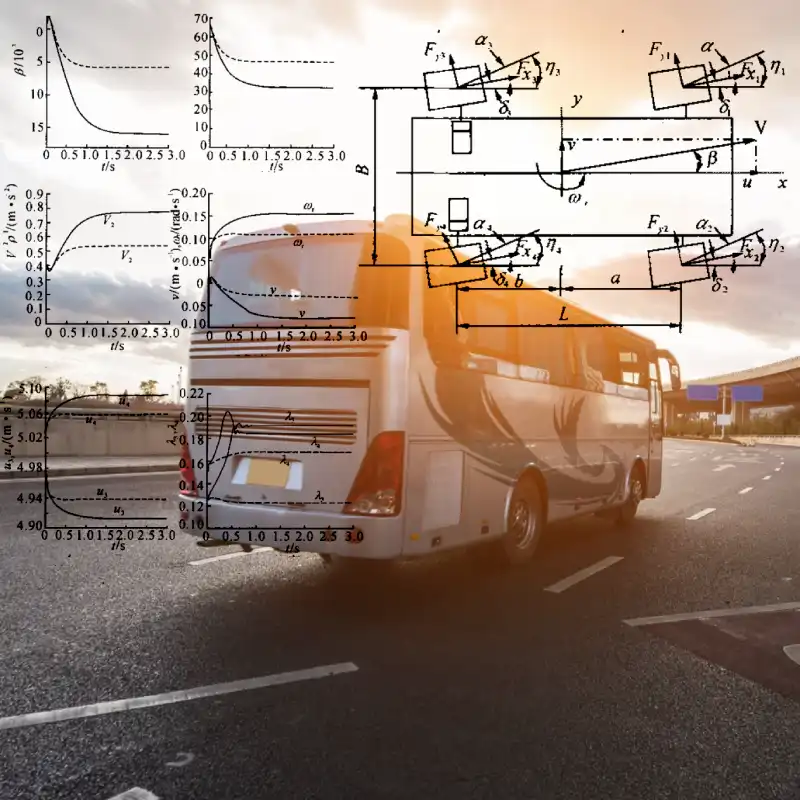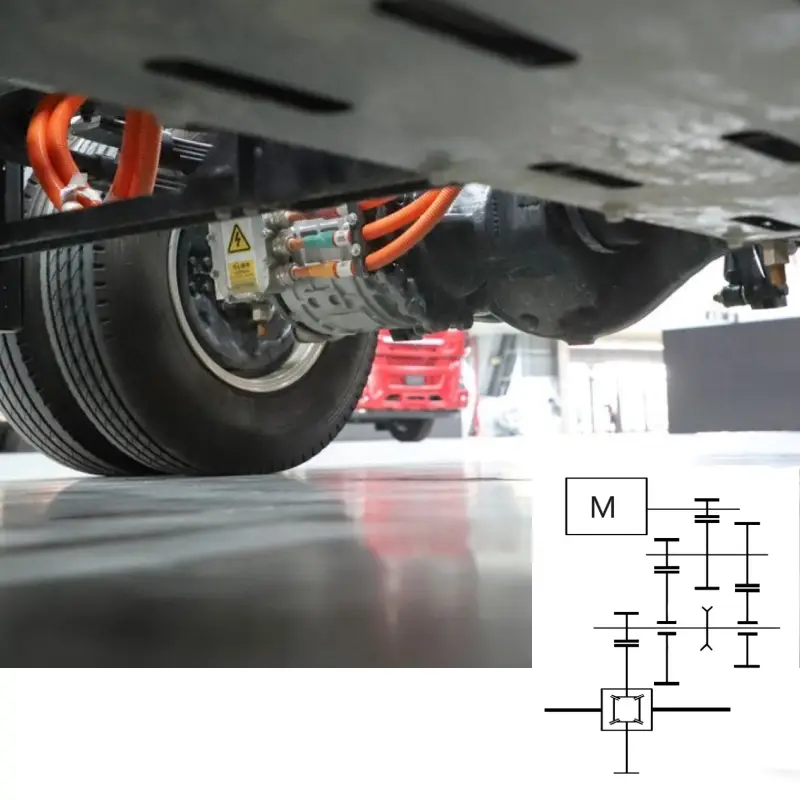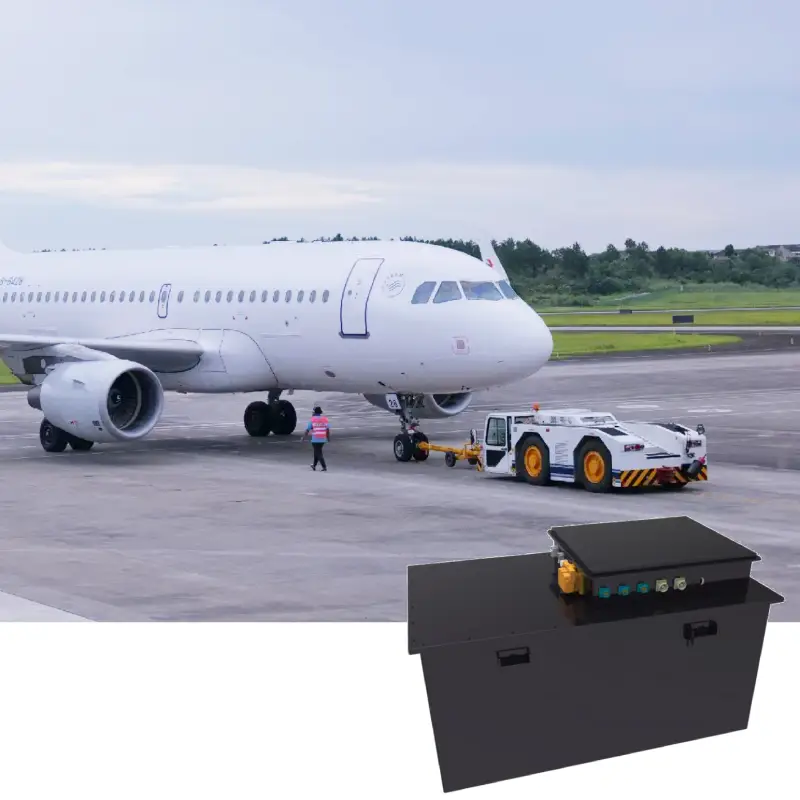Electric Light Truck Technology Trends to Watch in 2025 In today’s rapidly evolving market, electric light trucks have transitioned from relying on government policies to being driven by market demand. As consumer expectations rise, challenges such as limited range, slow charging, and insufficient application scenarios have emerged, limiting the industry’s growth. Overcoming these challenges requires continuous technological innovation. Electric light trucks, crucial for urban “last-mile” delivery, help businesses reduce costs, improve efficiency, and contribute to the transformation of the transport sector. By advancing technology, electric light trucks will play a key role in reducing logistics costs, achieving the industry’s carbon emission reduction goals, and supporting sustainable development. In 2024, significant technological trends in electric light trucks have emerged, bringing new opportunities and shaping the future of the industry. 1. Semi-Solid-State Batteries On December 21, 2024, Foton became the first to apply semi-solid-state batteries in electric light trucks, featuring liquid cooling and heating technology that supports 2.2C fast charging. In recent years, to address the range anxiety of electric light commercial vehicles, battery capacities have been steadily increasing, particularly in the electric light truck sector, where battery capacities have exceeded 160 kWh. However, this has also led to higher vehicle costs and longer charging times. Solid-state batteries, with their high safety, high energy density, fast charging capabilities, and excellent cycle performance, are emerging as an ideal solution to these challenges. Currently, solid-state batteries are primarily used in electric passenger cars, often in semi-solid-state form, and are still in the prototype or small-batch demonstration phase. Foton’s application of semi-solid-state batteries in light trucks sets an industry precedent, encouraging more companies to ramp up R&D efforts, accelerate battery development, and drive the widespread adoption of solid-state batteries in the electric commercial vehicle sector. 2. Battery Energy Density Boost: Significant Improvement in Range To effectively address the range anxiety of electric light trucks, battery manufacturers and automotive manufacturers have been increasing R&D investment, focusing on enhancing battery energy density. This enables vehicles to travel longer distances on a single charge, meeting the diverse needs of various transport scenarios. On July 4, 2024, CATL unveiled CATL TIANXING, its first EV battery brand for commercial applications, along with two products for light commercial vehicles, namely CATL TIANXING-L superfast charging edition and CATL TIANXING-L long range edition. The latter boasts an industry-leading energy density of 200 Wh/kg, offering a range of up to 500 km. These technological breakthroughs provide strong support for long-distance transportation with electric light trucks, improving largely their operational efficiency. 3. Advanced Driver Assistance Systems: From Optional to Standard In 2024, Advanced Driver Assistance Systems (ADAS) have been widely adopted in the electric light truck sector. Looking ahead, these systems are expected to become standard features in electric light trucks. Functions such as adaptive cruise control, lane departure warning, forward collision warning, and blind spot monitoring will help drivers better navigate complex and dynamic road conditions, reducing traffic accidents, lowering risk exposure, and ultimately reducing insurance costs. At the same time, the application of autonomous driving technology in electric light trucks will continue to evolve. From the current partial automation, the shift towards fully autonomous driving will take place. Vehicles will be able to perform complex tasks such as automatic cruising, adaptive following, lane changing, and obstacle avoidance, greatly enhancing both transportation efficiency and safety. 4. Connected Vehicles and Information Technology: Building a New Smart Logistics Ecosystem With the continuous advancement of vehicle connectivity and information technology, the software systems in electric light trucks now support remote upgrades. Automotive manufacturers can push software updates and feature upgrades to vehicles remotely. This ensures that customers can access the latest features and services in real-time. For logistics companies, vehicle connectivity technology enables real-time monitoring of vehicle location, speed, and status, facilitating more precise vehicle management and scheduling. By leveraging big data analytics and AI algorithms, companies can optimize transport routes, predict vehicle faults, and plan maintenance efficiently. This not only improves operational efficiency and service quality but also reduce costs. 5. Lightweight and High Energy Efficiency Technologies To reduce energy consumption and increase range, lightweight materials and technologies are being increasingly applied in the manufacturing of light trucks. Material such as carbon fiber composites, aluminum alloys, and high-strength steel effectively reduce vehicle weight while maintaining strength and safety. This improves energy utilization efficiency and transport capacity. Conclusion The technological trends observed in the electric light trucks sector in 2024 lay a solid foundation for the industry’s growth in 2025 and beyond. As technology continues to advance, electric light trucks will see comprehensive improvements in performance, intelligence, and safety, offering more opportunities and transformations for the logistics industry. These developments will drive the sector toward greater efficiency, sustainability, and innovation. At Brogen, our mission is to help automotive manufacturers stay at the forefront of industry trends by providing advanced EV solutions. Focused on the latest technologies, we specialize in lightweight design, high efficiency, and intelligent systems, all while maintaining a core commitment to safety and reliability. Our offerings include LFP battery packs, electric axles, motors & controllers, 3-in-1 e-powertrain assembly, EPS, and more. These solutions are tailored to support OEMs in their electrification journey, enhancing innovation, performance, and operational efficiency across the automotive sector. Business inquiry: contact@brogenevsolution.com Relevant Solutions All Posts Autonomous Vehicles Charger & Converter EV Industry EV Motor Heavy Transport Industry Insight Light Commercial Vehicles Marine Electrification Public Transportation Specialty Equipment Technologies Back EV Motor Electric Axles for Light Truck, Van, Minibus, Municipal Vehicle Electric Power Steering Solutions EV Battery Solutions for Light Trucks, Vans, Minibuses All Posts Autonomous Vehicles Charger & Converter EV Industry EV Motor Heavy Transport Industry Insight Light Commercial Vehicles Marine Electrification Public Transportation Specialty Equipment Technologies Back EV Motor 60 kW / 100 kW Electric Motor for Light Truck, Van, Pickup 60 kW / 115 kW Electric Axle For Truck 30 kW / 60 kW Electric Motor for Light Truck, Van, Pickup Contact Us Get in touch with us by sending us an email, using the Whatsapp number below, or
